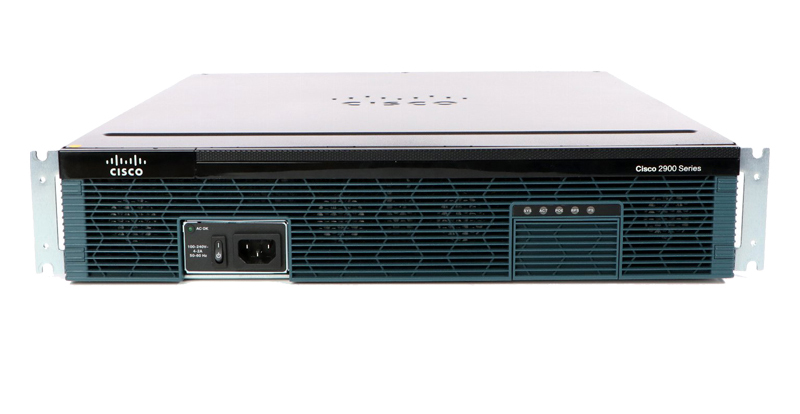































Discover how routers ensure a safe and reliable connection between your small business and the global network. Additionally, they facilitate the connection between various devices like laptops and printers within your network.

What does a router do?
Routers link computers and other gadgets to the Internet. They work like messengers, picking the most suitable path for your data to travel. They connect your business to the entire globe, safeguard information from security risks, and can even determine which computers receive priority over others.
Why do you need a router?
A router is a device that helps you link many devices to the Internet and connect them to each other. It can also be used to create local networks of devices. These local networks are helpful when you want to share files between devices or allow employees to share software tools.
Without routers, your business's data will not be directed correctly. For instance, if you want to print a document, you need a router to ensure that the document reaches the printer and not another computer or scanner.
How do modems differ from routers?
A modem helps your business connect to the internet through your internet service provider (ISP). On the other hand, a router connects multiple devices in a network, including modems. When you have a router, modems and other devices can easily exchange data between different locations.
What are the different types of routers?
Wired routers
Wired routers connect directly to modems or wide-area networks (WANs) using network cables. They have a port that communicates with the Internet through the modem.
Wireless routers
Routers can also connect wirelessly to devices that support the same wireless standards. Wireless routers can send and receive information from the Internet.
How routers route data
Definition of routing
Routing is the process of forwarding IP packets, which are data packages with an Internet protocol (IP) address, from one network to another. Routers connect networks in a business and manage traffic within these networks. Routers have at least two network interface cards (NICs) to connect to other networks.
Speeding up data transfer across networks
Routers determine the fastest path for data transfer between devices connected to a network and send data along these paths. They use a "metric value" or preference number to choose the path with the lowest metric when there are multiple routes to the same location. These metrics are stored in a routing table.
Creating a routing table
A routing table is a list of all possible paths in a network, stored on the router. When routers receive IP packets that need to be forwarded, they look at the destination IP address and search for the routing information in the routing table.
Managing routers
To make changes to a network's routing options, you can log in to the router's software. This allows you to change login passwords, encrypt the network, create port forwarding rules, or update the router's firmware.
How routers can benefit your business
Sharing applications
Routers provide employees with access to business applications, improving productivity. This is especially beneficial for remote or off-site workers. Routers also enable specialized services like VoIP, video conferencing, and Wi-Fi networks.
Faster access to information
With routers, businesses can respond faster to customers and make customer information easily accessible. This is crucial in a time when customers expect quick answers and personalized service. A fast and reliable network built with routers allows employees to respond promptly and intelligently to customer needs.
Reduced operating costs
Routers can save your business money by sharing equipment and services, such as printers and Internet access. A reliable network built with routers can also scale with your business, eliminating the need for constant rebuilding and purchasing of new devices as the business grows.
Improved security
Routers with built-in firewalls or web filtering can protect valuable business data from attacks by examining and blocking incoming data as needed.
Secure remote connections
Routers enable secure remote access for mobile workers who need to communicate with colleagues or use business applications. This is especially important for businesses with virtual teams and telecommuters who need to share critical business information at any time.
Creating small business networks with routers
Invest in business-grade switches and routers
Consumer or home networking products are not suitable for the challenges of business growth.
Build scalable networks
Create networks that can grow over time, allowing for the addition of features and functionality like video surveillance, VoIP, integrated messaging, and wireless applications.
Choose reliable and redundant routers
Select routers designed for reliability and redundancy to ensure business continuity in the face of unforeseen events like natural disasters.
If you have more questions about Cisco Routers and Cisco Switches. You could contact us www.hi-network.com (Email: [email protected])
 Hot Tags :
ROUTERS
Hot Tags :
ROUTERS